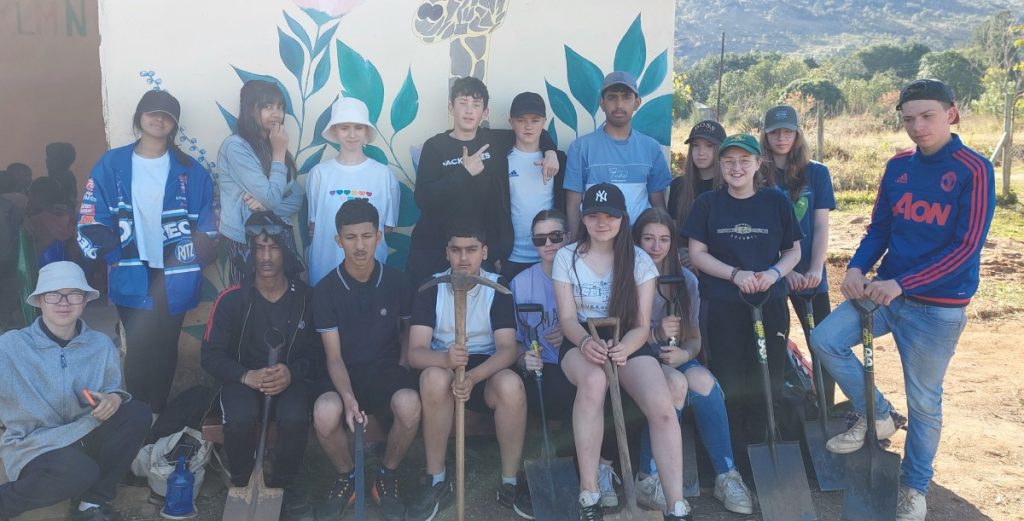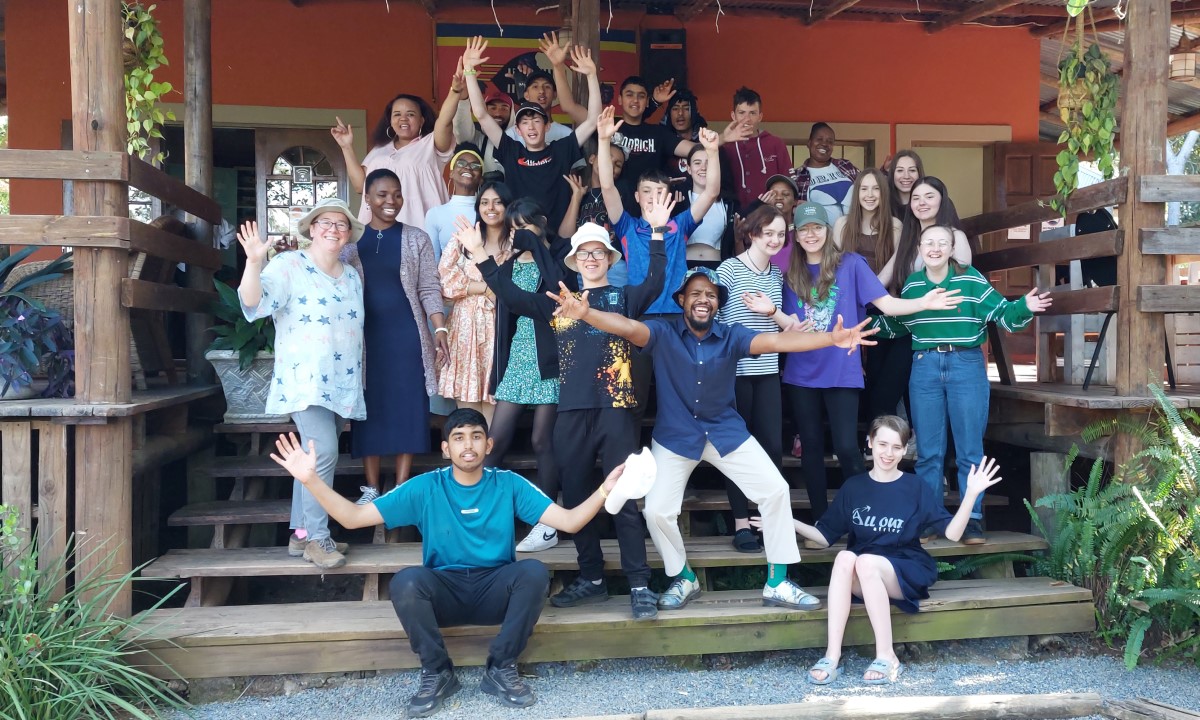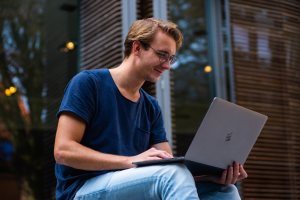Life in an African classroom proved to be quite an eye-opener for a group of Blackburn schoolchildren when they got to spend two weeks in Eswatini with the support of the Turing Scheme.
The year 10 pupils from Hyndburn Academy spent time in lessons with their counterparts as well as undertaking work in the local community and cultural excursions during their time in the small Southern African kingdom.
The trip was one of two to the country made by pupils from four schools in Northern England after Manchester-based Kaya Responsible Travel secured a £183,000 Turing Scheme grant with a successful consortium bid.
A different culture and lifestyle
The other schools involved were Marsden Heights Community College and William Hulme Grammar School, also in Lancashire, and Yorkshire’s Todmorden High School, with two trips to Morocco in North Africa also being funded and more than 60 children in total travelling abroad.
For the Hyndburn Academy pupils visiting Eswatini, though, the differences in the schooling compared to at home were a real surprise.
“Students experienced a different culture and lifestyle and reflected on their own lives,” said teacher Rebecca Barker-Rourke, who accompanied the group. “For example, at high school in Eswatini they discovered that students there have to pay to go to high school!”

Alongside pupils from Marsden Heights Community College, who were also on the trip, the Hyndburn youngsters spent their mornings working with the charity All Out Africa to install drainage pipework at a care centre for local pre-school children, digging out the trench and laying the pipe.
Afternoons were spent at the local high school, reflecting on the differences in their education systems and experiences and playing sports, and there were cultural trips to the Eswatini National Museum, a traditional village, craft markets, a cinema trip and a visit to the city of Manzini.
“My experience in Eswatini was perfect,” said Andrew, a student who went on the trip. “The whole time we were there not a single day was wasted. This was a great experience which I will always be grateful for and will definitely be a memory which I will hold for the rest of my life.”
Students had never travelled abroad
A second, Holly-Marie, said: “My favourite things were meeting the children and seeing how different their pre-school and high school experience is compared to us.
“I learned that I was more confident in new situations and socialising with new groups and different cultures and I learned to have more patience when speaking to others and to have a better understanding of others.”
“The experience has developed confidence in many of the students,” said Rebecca. “They know they can overcome challenges and do things they never thought they could. Their trip will give them loads of rich examples to discuss in future applications for college, university, apprenticeships and employment.
“Students were away from home for over two weeks. They showed real resilience, supporting each other through any homesickness. They worked as a team and students who didn’t really know each other before the trip had a real bond of friendship by the end.
“We are in an area that is economically deprived in East Lancashire, and Turing Scheme funding means we can offer this opportunity to students that would otherwise never get the chance for a trip like this. Most of the students had never travelled abroad and we were able to pay for passports, for instance.”
Kaya Responsible Travel director, Heilwig Jones, said: “The Turing Scheme has given the opportunity for these students, for whom it just would not have been on their radar as something they could do, to go to a location that took them right out of their comfort zone and have an experience that, I think, people in a higher income situation would take for granted.
“It gives them something that they can put on their CVs and talk about in interviews, about how they handled quite complex cultural situations and what they learned from that.
“What they come out of an experience like this with is quite tangible stuff. It’s something they can use going forward in their jobs, in their careers, or if they go into further education.”
Find out more about opportunities for schools with the Turing Scheme.






